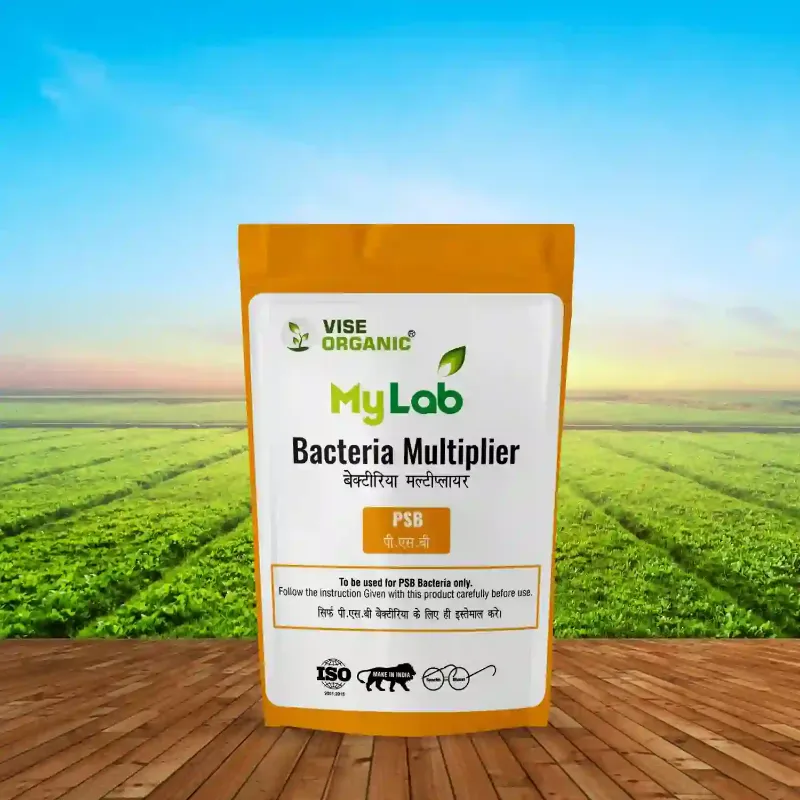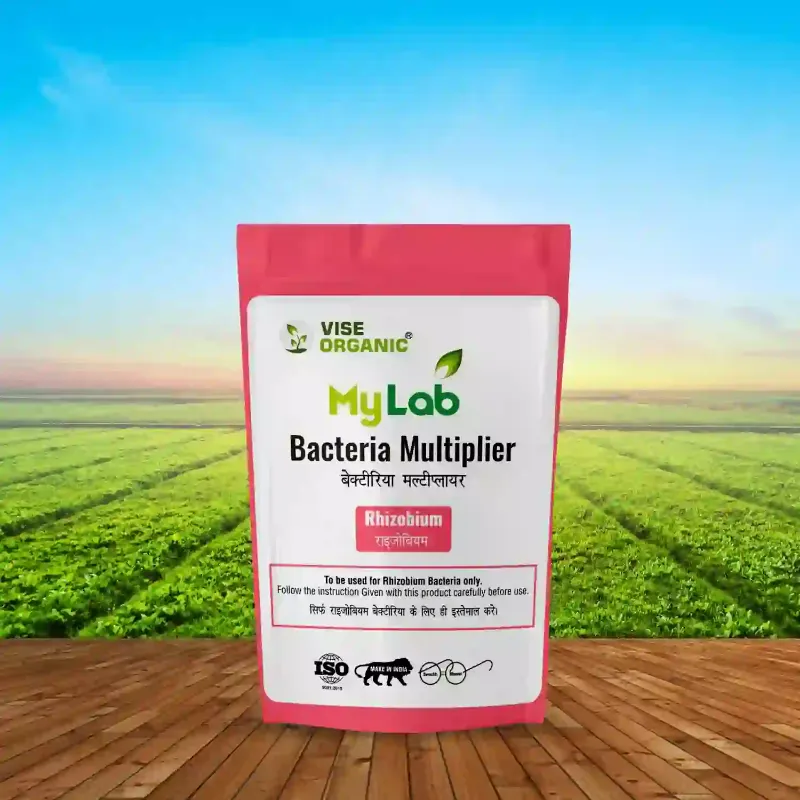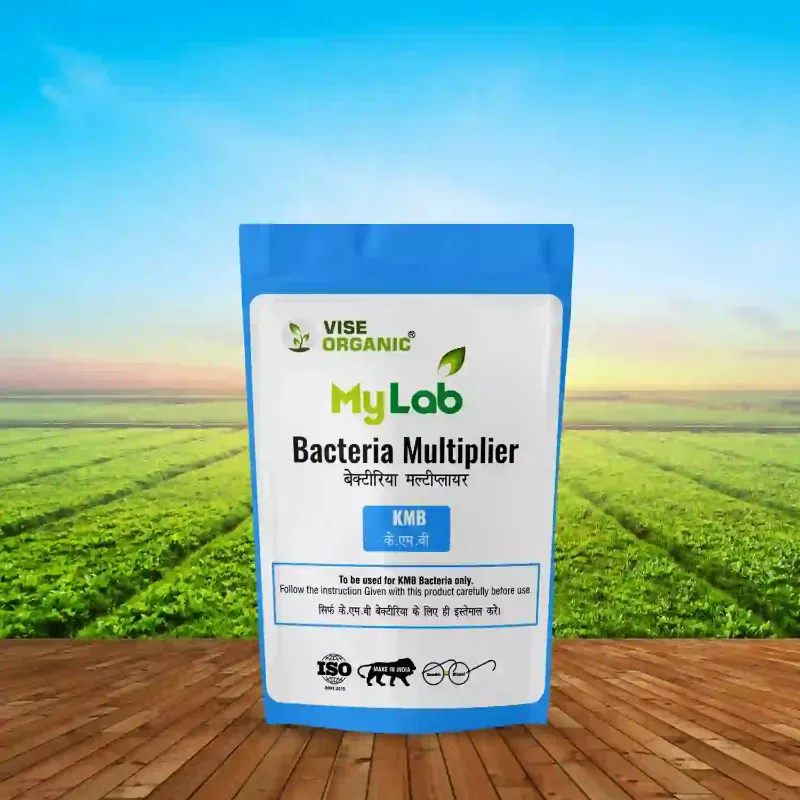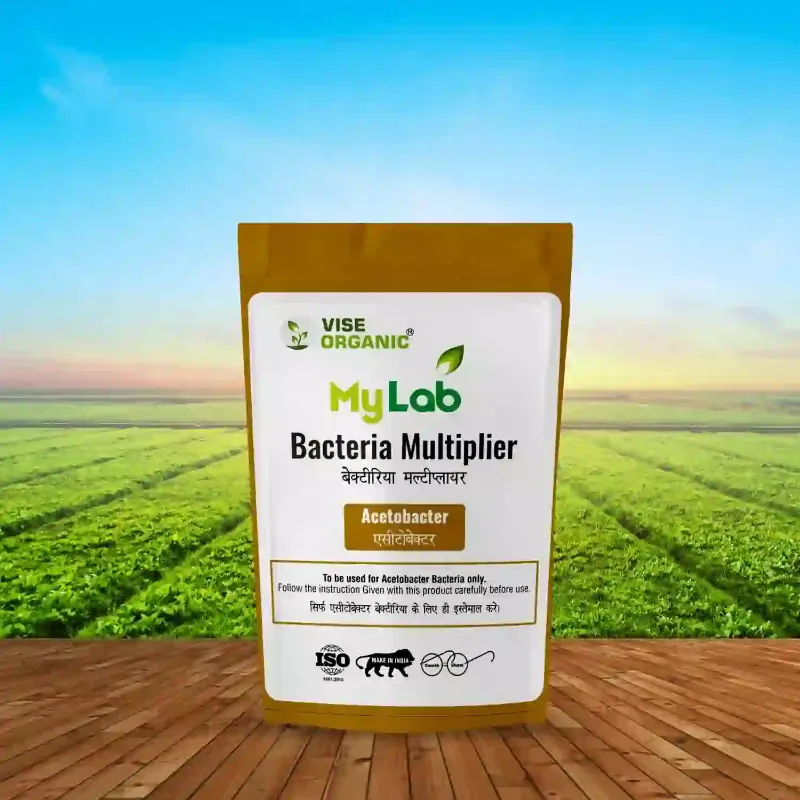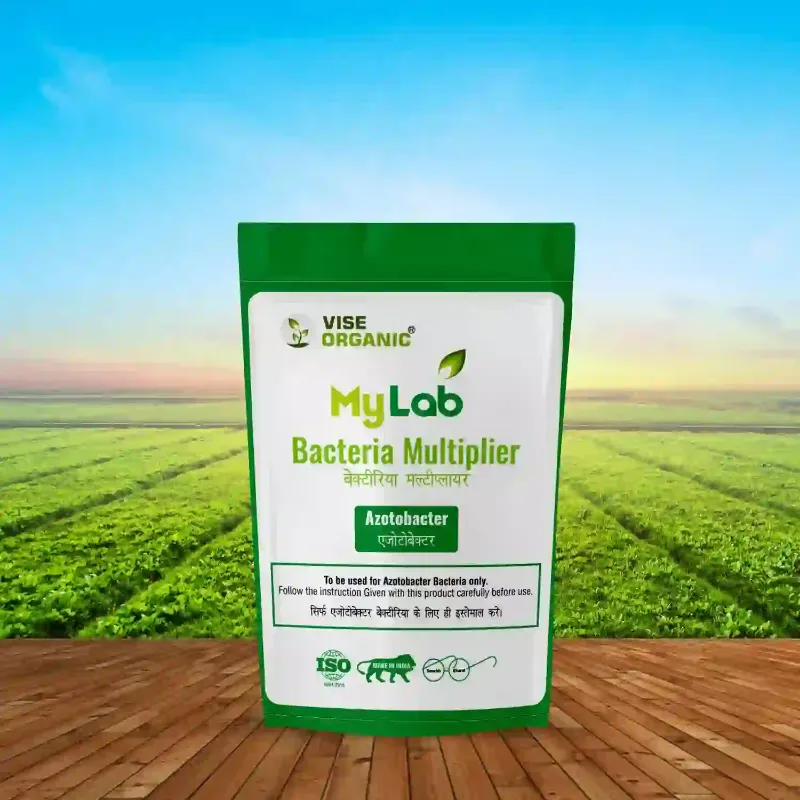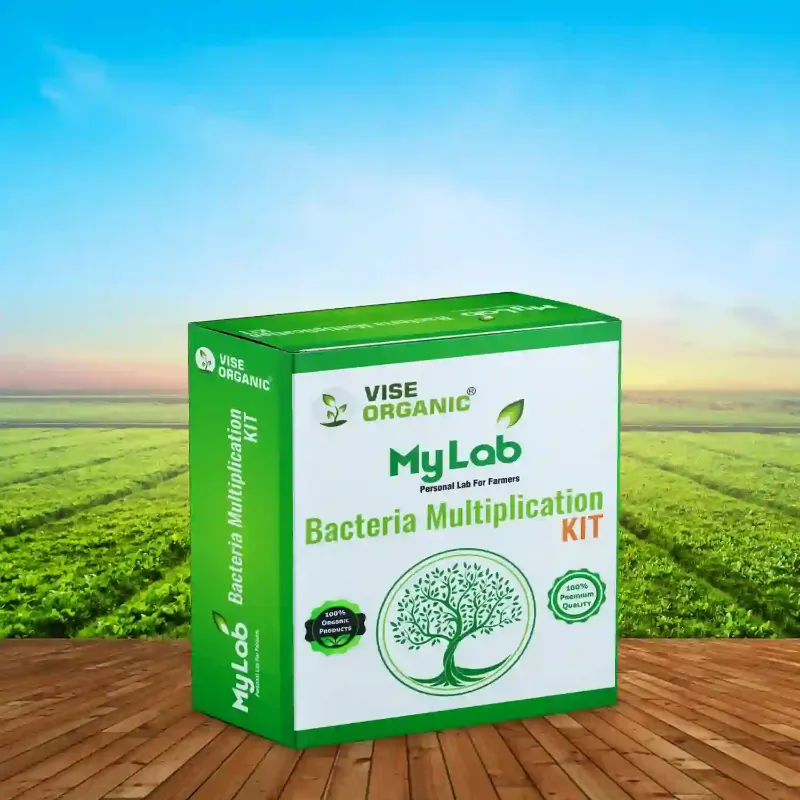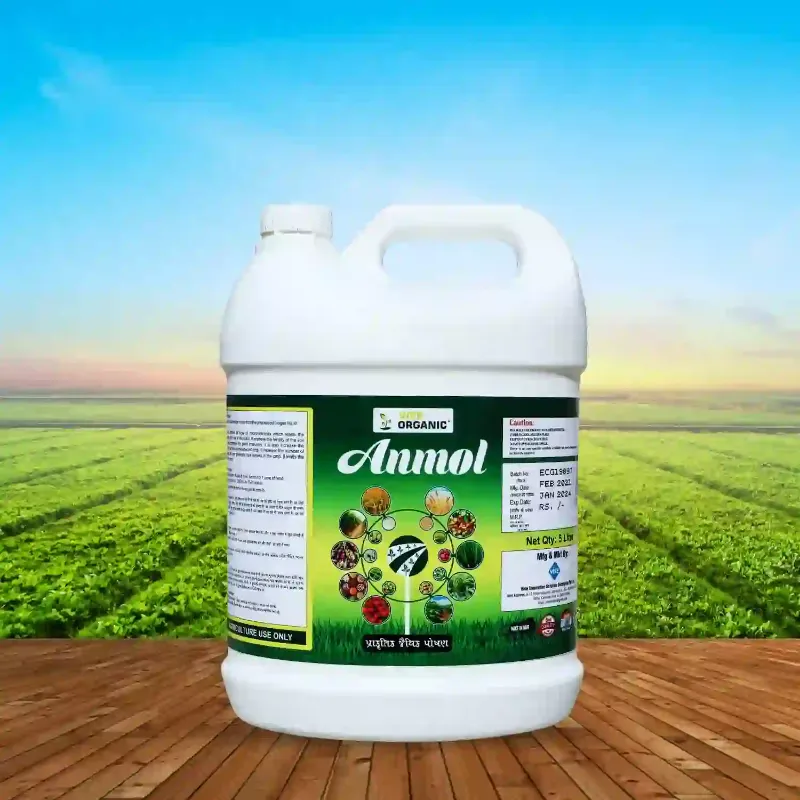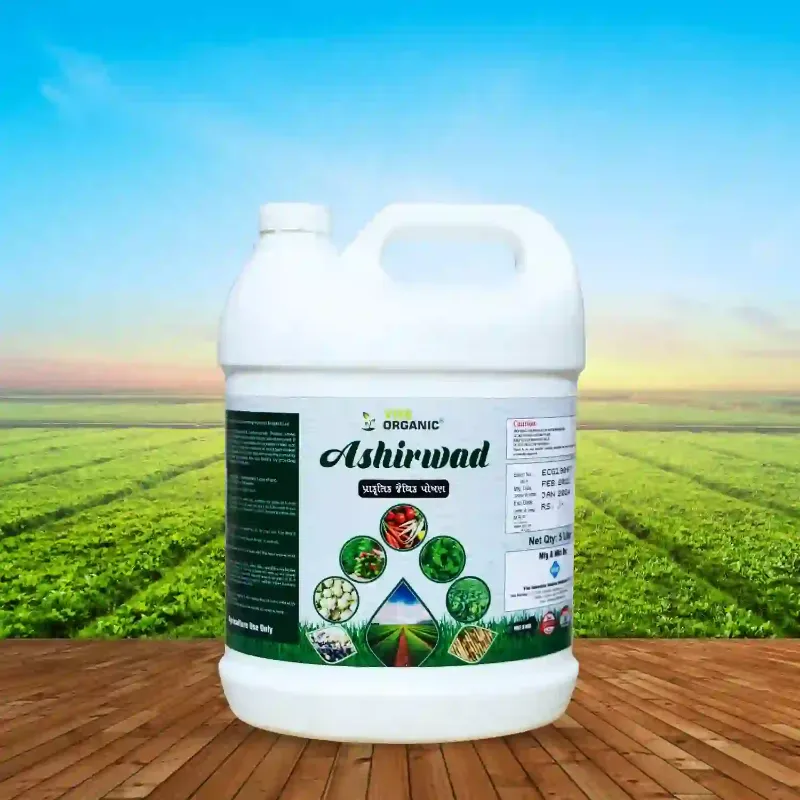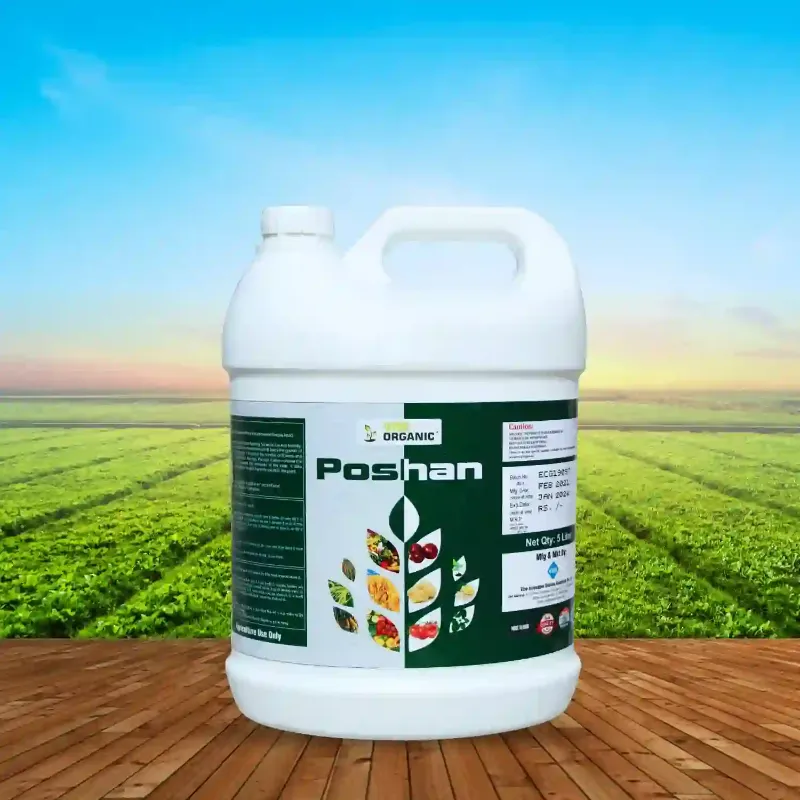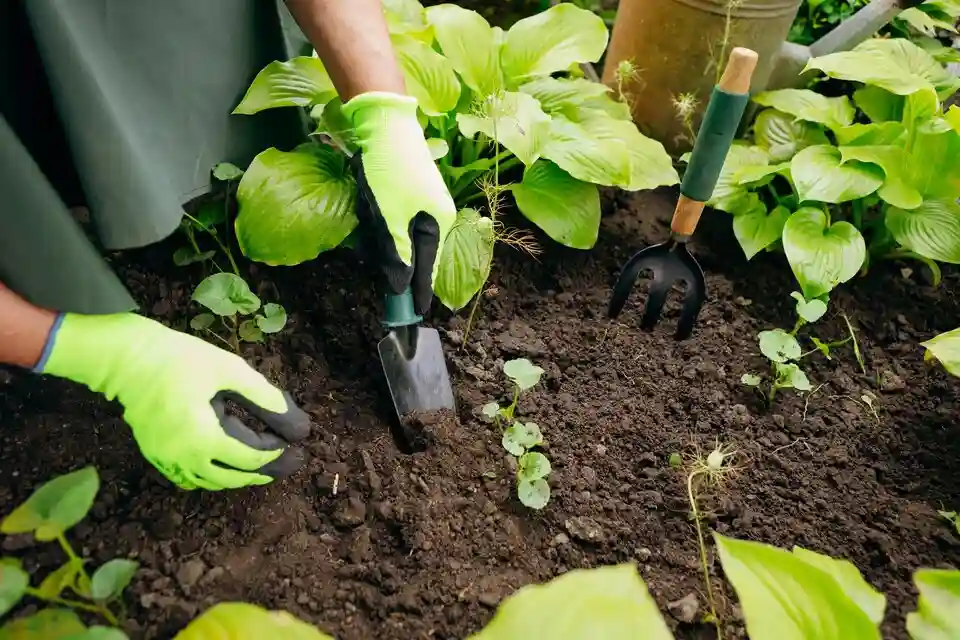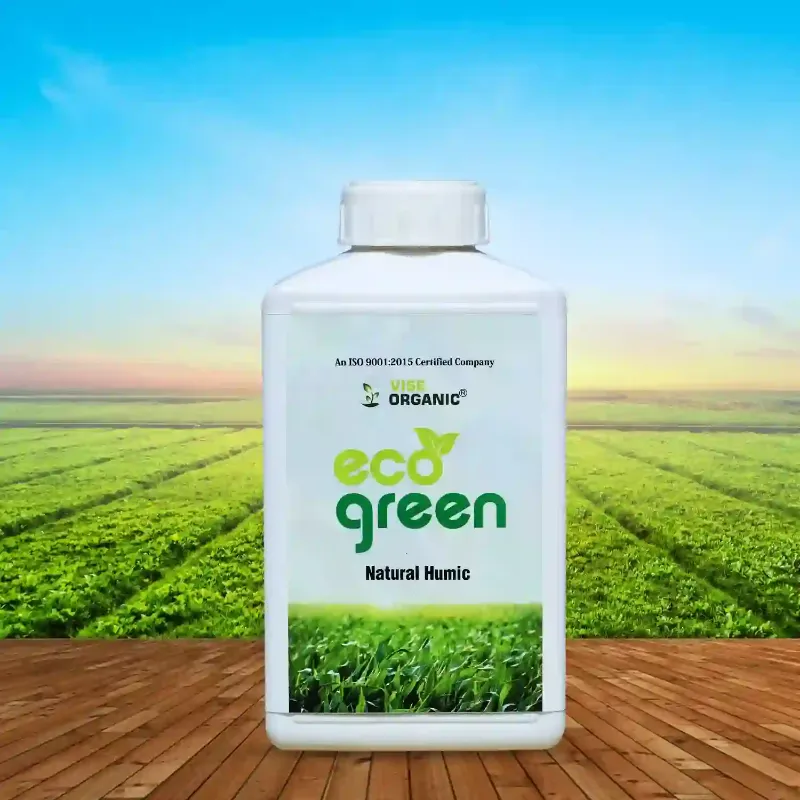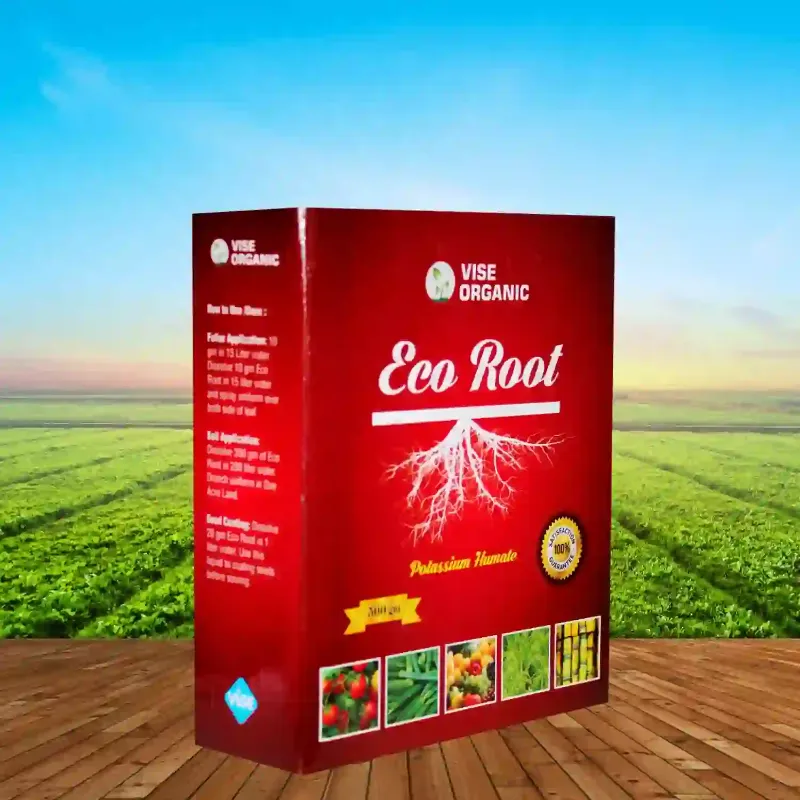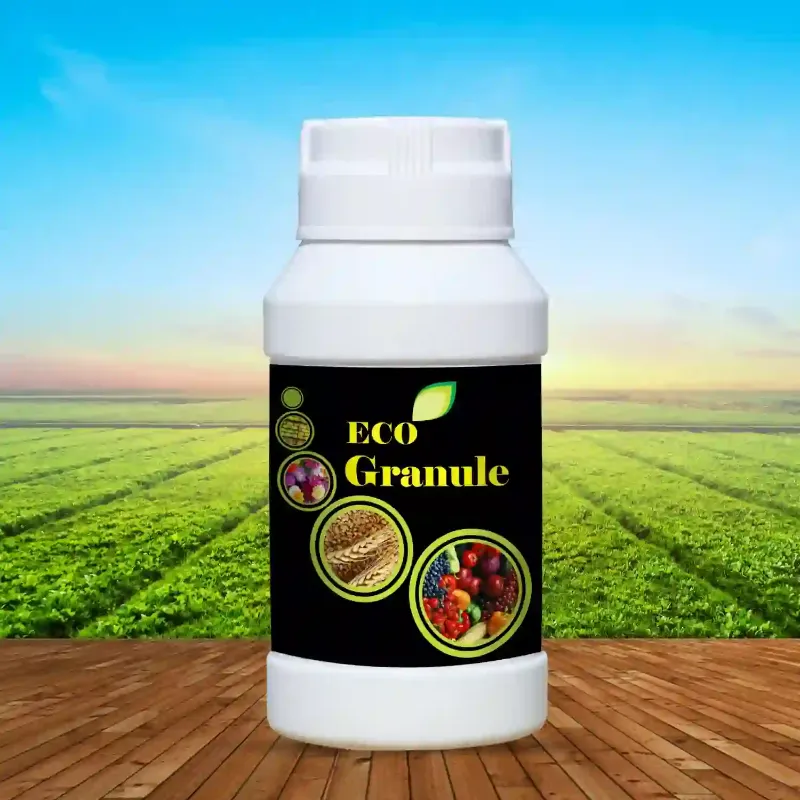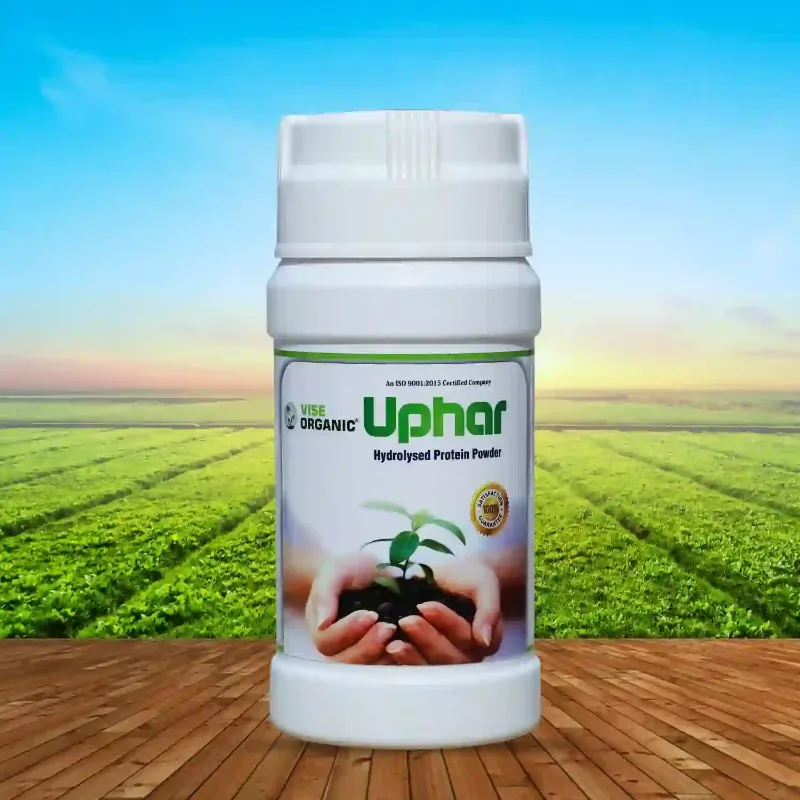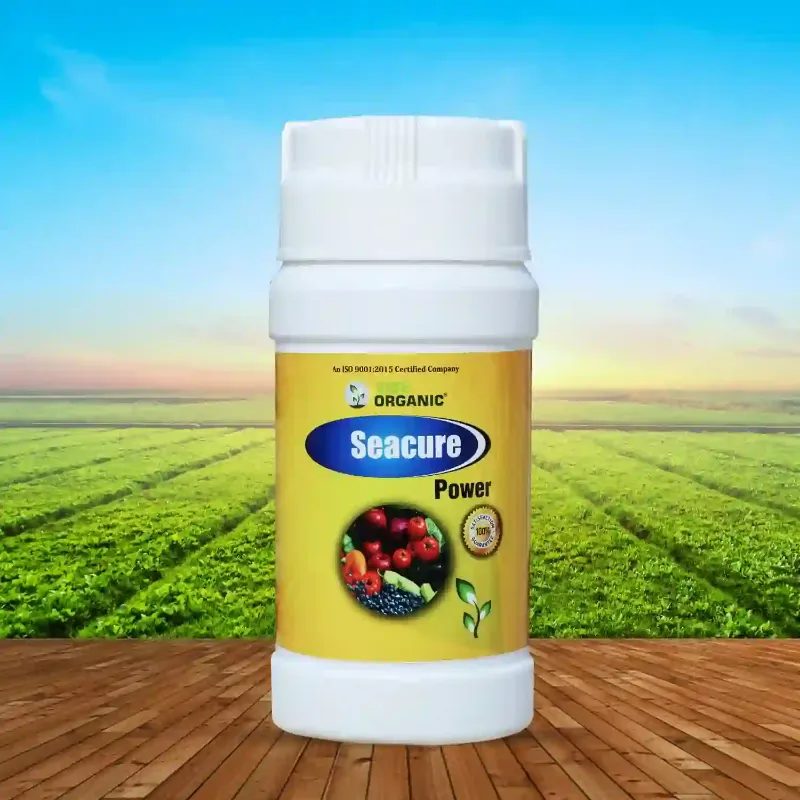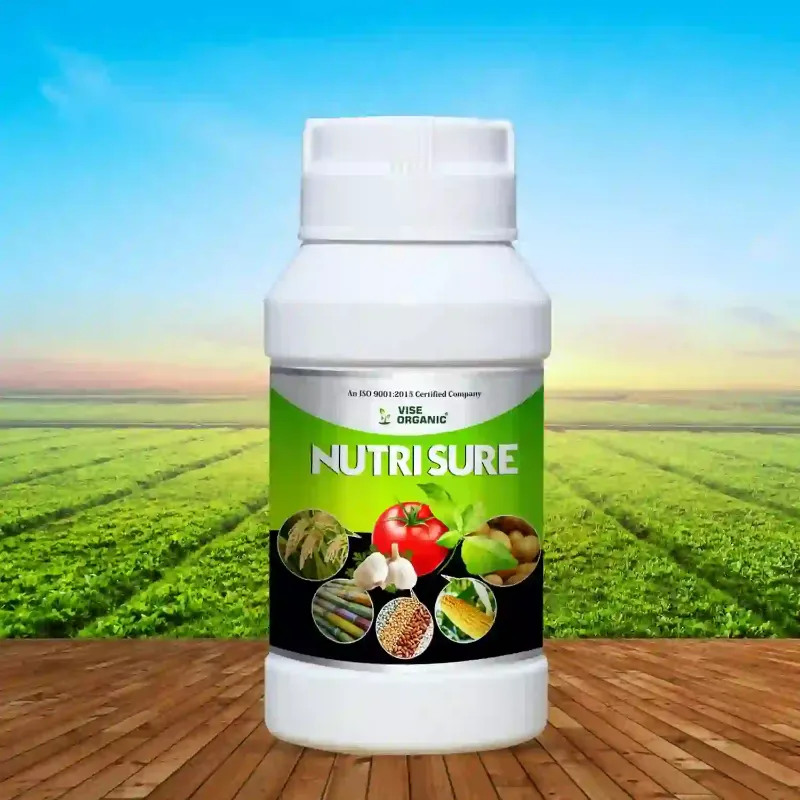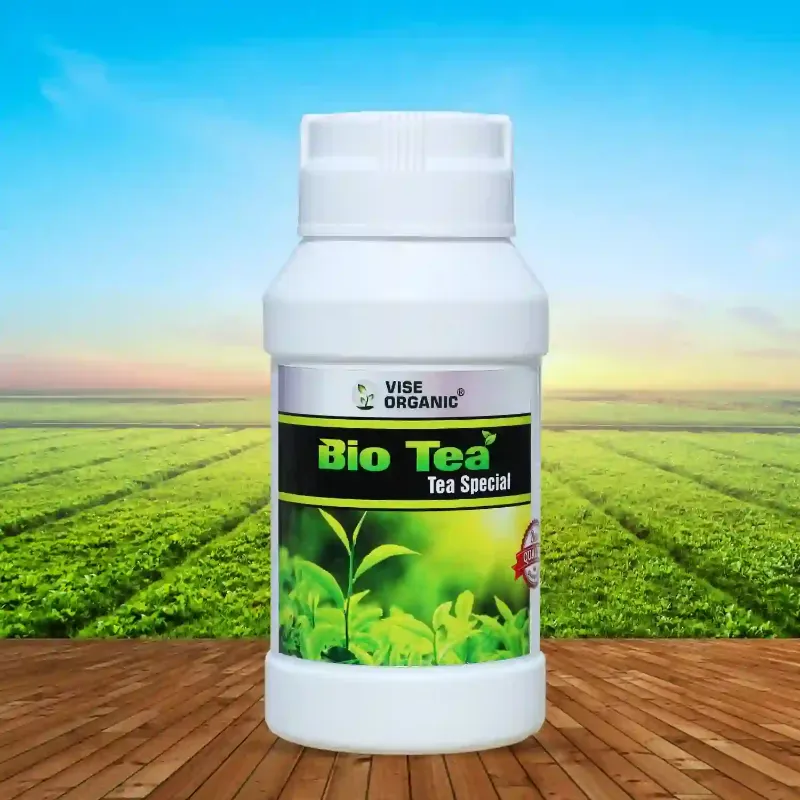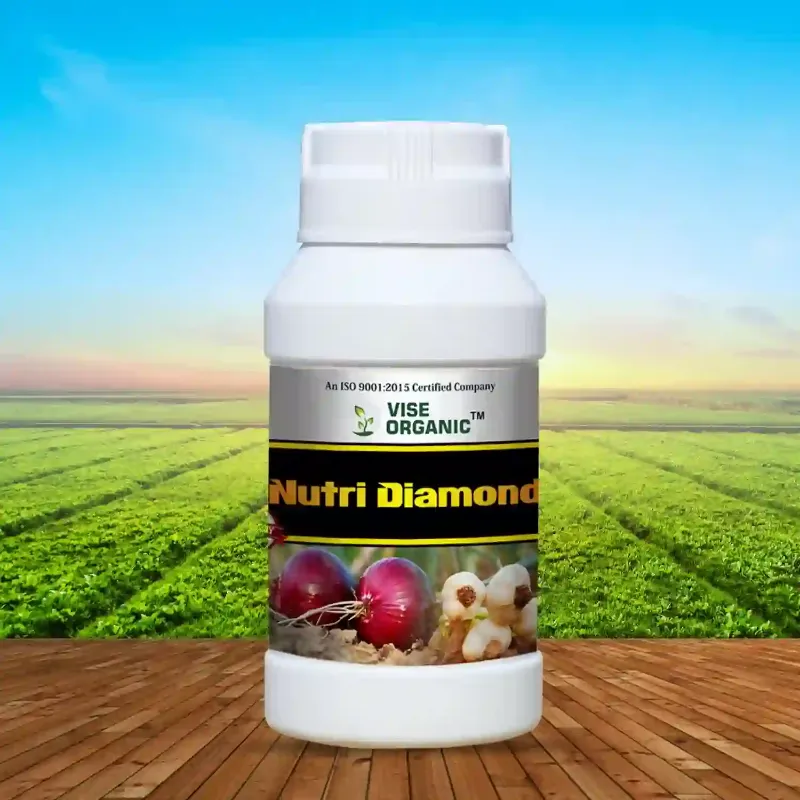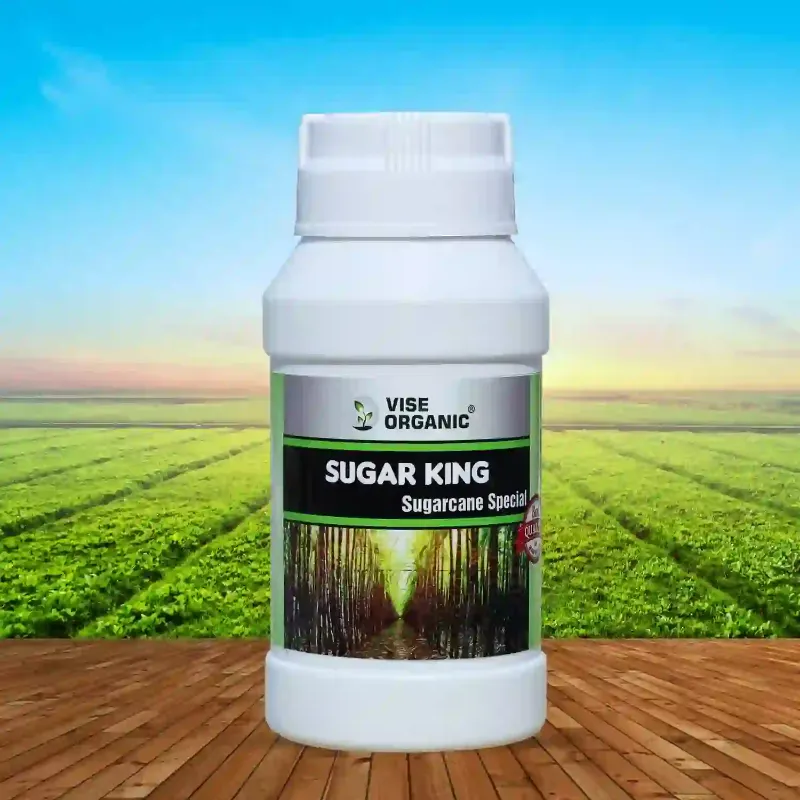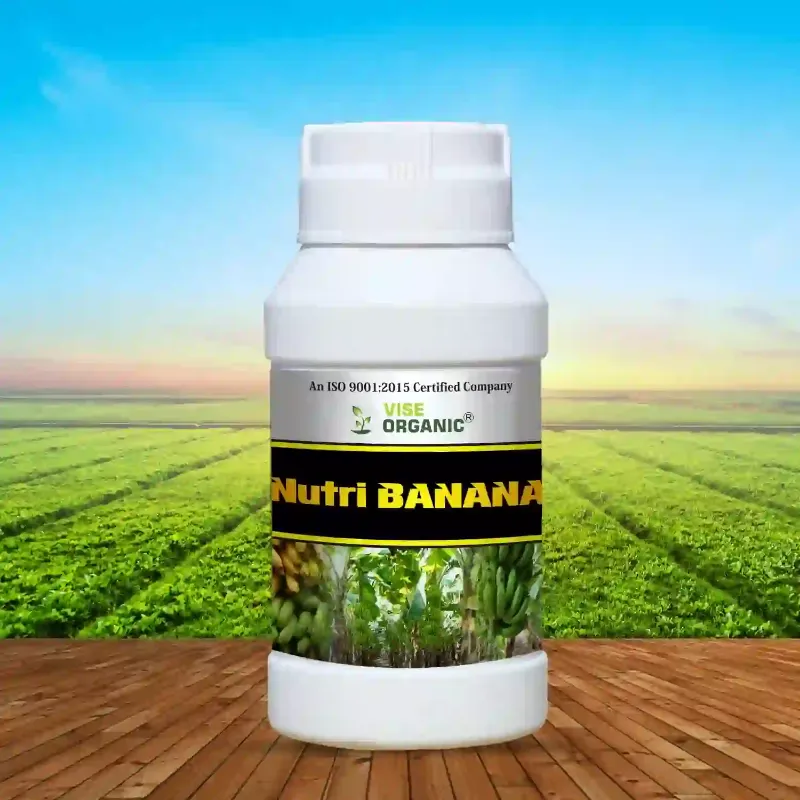In the realm of gardening, the choice of fertilizer plays a pivotal role in nurturing lush, thriving plants. While conventional fertilizers have long been prevalent, organic fertilizers are increasingly gaining recognition for their numerous benefits that extend beyond plant health to environmental sustainability. Let’s delve into the key advantages of using organic in gardening.
Environmentally Friendly
– Organic fertilizers are derived from natural sources such as compost, animal manure, and plant-based materials. Unlike synthetic fertilizers, they do not contain harsh chemicals or synthetic additives that can harm soil microorganisms, beneficial insects, and aquatic ecosystems. By opting for, gardeners contribute to a healthier environment and reduce their ecological footprint.
Improves Soil Health
– Organic fertilizers promote soil health by enhancing its structure, texture, and nutrient content. They introduce valuable organic matter to the soil, enriching it with essential nutrients and micronutrients. This fosters a thriving ecosystem of beneficial soil organisms, including earthworms, fungi, and bacteria, which contribute to nutrient cycling, soil aeration, and overall soil fertility.
Sustainable Nutrient Release
– Unlike synthetic fertilizers, which often release nutrients rapidly and can lead to nutrient leaching and runoff, organic fertilizers release nutrients gradually over time. This slow-release mechanism ensures a steady and sustained supply of nutrients to plants, reducing the risk of nutrient imbalances and minimizing environmental pollution.
Long-Term Soil Improvement
– Regular use of organic fertilizers promotes long-term soil improvement by fostering soil organic matter accumulation and enhancing soil structure. This results in improved water retention, reduced soil erosion, and increased microbial activity, creating a resilient and fertile growing environment for plants.
Safe for Plants and People
– Organic fertilizers are gentle on plants and pose minimal risks to human health compared to synthetic fertilizers, which may contain harmful chemicals and salts. Fertilizers nourish plants without causing chemical burns or disrupting natural growth processes, making them ideal for organic gardening and sustainable agriculture practices.
In conclusion, embracing fertilizers in gardening offers a multitude of benefits, including environmental sustainability, improved soil health, sustainable nutrient release, long-term soil improvement, and safety for plants and people. By incorporating fertilizers into gardening practices, individuals can cultivate vibrant, thriving gardens while contributing to a healthier planet for future generations.

